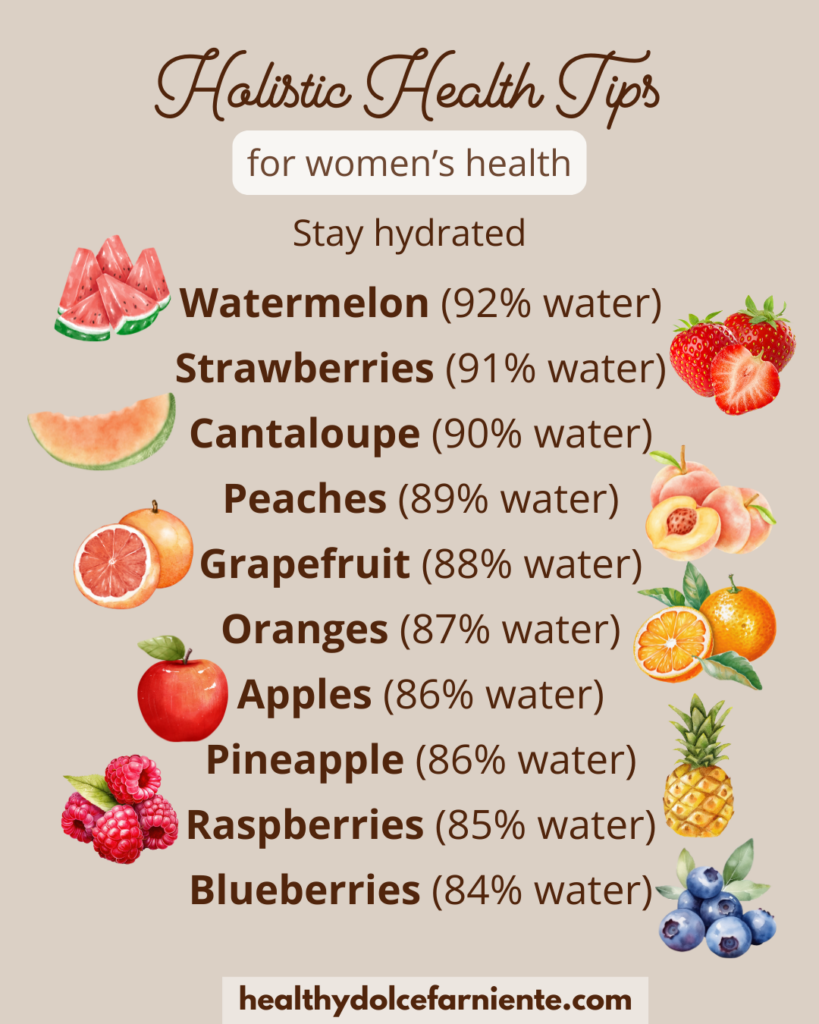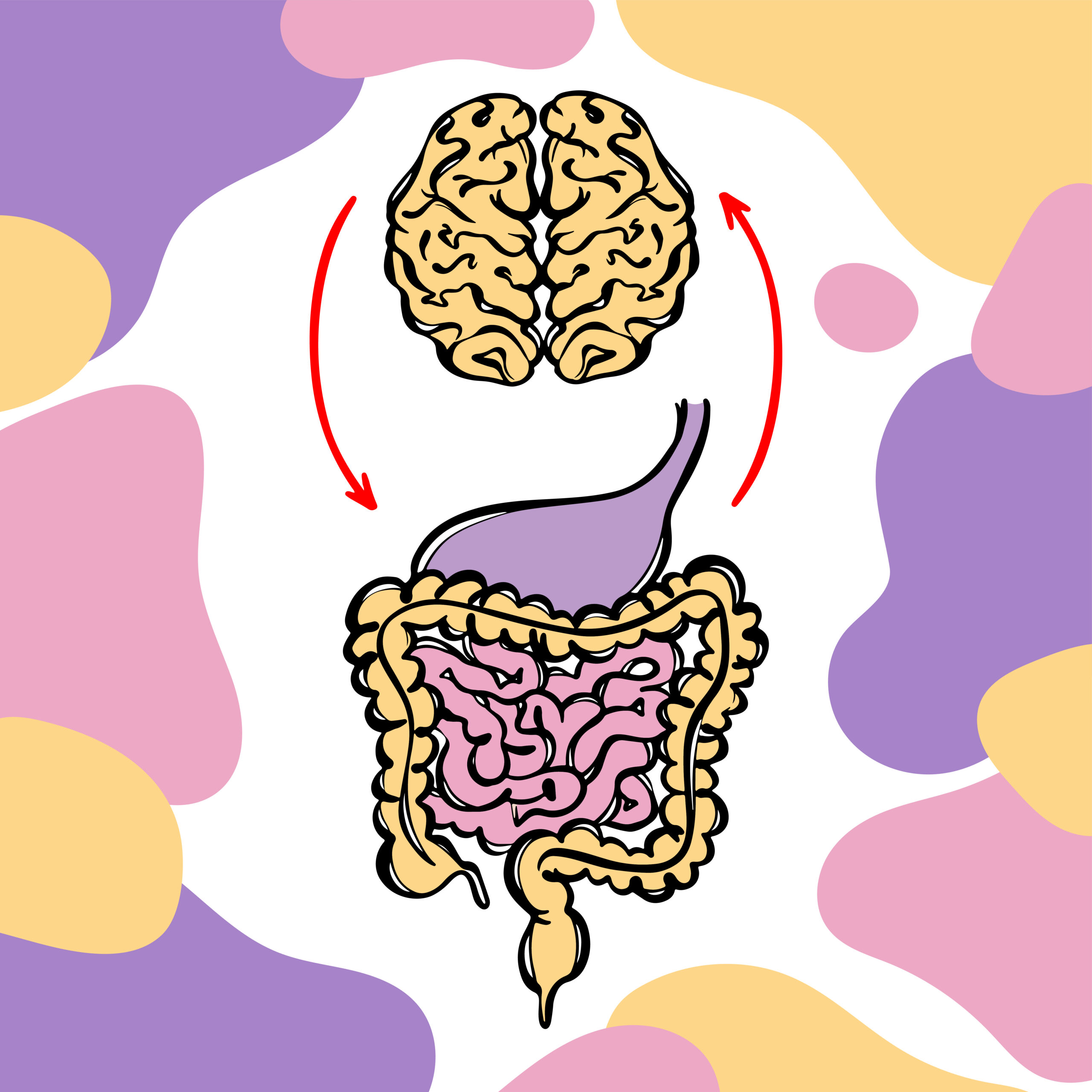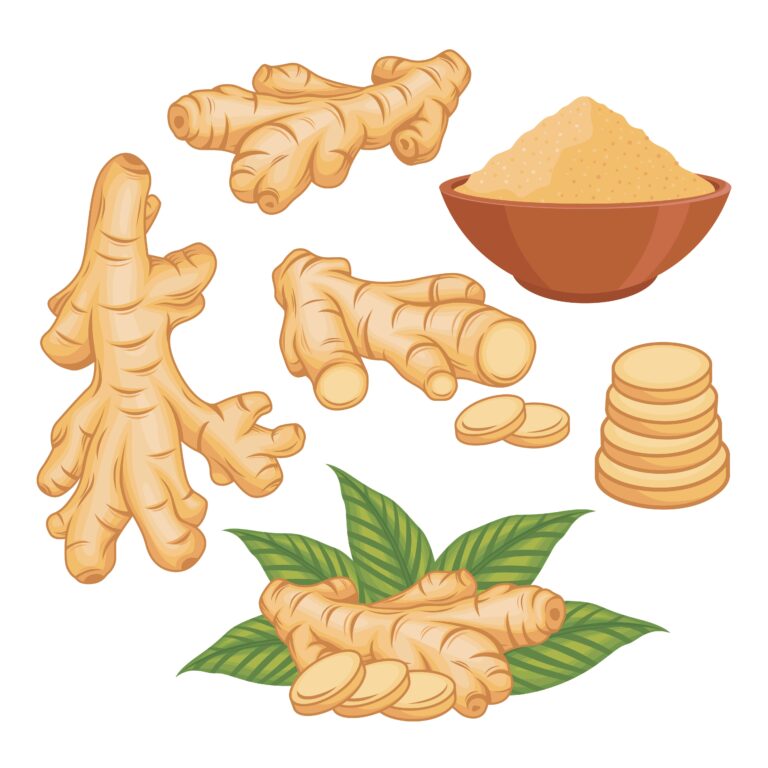With Love, Katie.
Your gut and your gut’s microbiome are more than just digestion—thyes are the center of your immune system, hormone balance, mood and energy. When your gut feels off, everything else tends to feel off too.
But the good news? You can begin to support it with small, natural shifts that work with your body, not against it.
Here are 5 holistic gut-loving tips for women who want to feel better, softer, and more in tune from the inside out.
When we think about health, we often think about what we can cut out. But sometimes, true healing comes from what we add in—from the nurturing, living foods that quietly rebuild us from within. Some of the key probiotic strains naturally present in fermented foods include:
-
Lactobacillus acidophilus: Supports digestion and immune function, helps reduce bloating and gas.
-
Bifidobacterium bifidum: Strengthens gut lining, helps nutrient absorption, supports overall microbiome diversity.
-
Lactobacillus plantarum: Found in fermented vegetables, it protects gut health and improves immune resilience.
-
Saccharomyces boulardii (in some ferments like kefir): A friendly yeast that protects the gut during times of stress or antibiotic use.
Eat Fermented Foods
Fermented foods like kefir, sauerkraut, kimchi, tempeh or coconut yogurt are rich in natural probiotics—the good bacteria that help balance your gut flora. They support digestion, reduce bloating and even boost your mood. Inside your intestines live trillions of bacteria, fungi, and other microorganisms, collectively known as your gut microbiome.
When this delicate community is balanced, you feel vibrant:
-
Digestion flows naturally
-
Inflammation is kept in check
-
Your immune system stands strong
-
Hormones find their natural rhythm
-
Your mood stabilizes (yes, over 90% of your serotonin is made in your gut!)
But when your gut flora is imbalanced—after antibiotics, stress, poor diet, or illness—you might experience bloating, fatigue, hormonal issues, skin flare-ups, or emotional ups and downs. This is where fermented foods come in. They gently repopulate your gut with good bacteria like Lactobacillus and Bifidobacterium, restoring harmony over time.
This is your best list for some fermented food:
✨ Kefir
A fermented milk drink (also available coconut-based if dairy-free) that contains over 30 strains of good bacteria and yeast.
Perfect for sipping, adding to smoothies, or using in overnight oats.
✨ Sauerkraut
Raw, fermented cabbage that’s tangy, crunchy, and rich in fiber and probiotics.
Home-made versions are more potent than store-bought pasteurized kinds.
✨ Kimchi
A spicy Korean side dish made from fermented vegetables like napa cabbage, radishes, and spices.
It’s energizing, full of vitamins, and deeply nourishing for your gut flora.
✨ Coconut Yogurt
A plant-based alternative that’s creamy, tart, and rich in live cultures—perfect for dairy-free lifestyles.
✨ Tempeh
A fermented soybean cake with a firm texture and nutty flavor. It’s packed with probiotics and protein, making it a beautiful addition to salads, stir-fries, or grain bowls.
✨ Miso
A fermented soybean paste from Japan, traditionally used to make warm, healing soups.
Full of enzymes and good bacteria, miso is a quiet powerhouse for gut supportPrioritize Sleep
Like number one rule in a holistic lifestyle and slow-living journes..Your gut heals at night. Poor sleep throws off your microbiome, messes with your hormones and increases inflammation. The best thing you can do is sleep enough, and sleep regularly.
Try going to bed and waking up at the same time each day, even on weekends. This supports your circadian rhythm, which in turn supports gut function, metabolism, and energy.
🌙 “Rest is not a luxury; it’s part of your healing.”
Stay Hydrated
Hydration is key to healthy digestion and detox. Without enough fluids, your gut slows down, toxins can build up, and bloating increases.
Drink warm or room-temperature water throughout the day. Add a pinch of mineral-rich salt or squeeze in lemon to support absorption. Herbal Teas like fennel, ginger, or peppermint are also gentle gut soothers.

Try reducing the amount of coffee and drink more matcha.
Add Prebiotic-Rich Foods to Feed Your Good Bacteria
Your body digests food better when you’re calm and present. Let your journey to mindfulness begin now.
Chewing slowly, breathing deeply, and truly tasting your food allows your nervous system to shift into “rest and digest” mode—where healing and nourishment happen.
Probiotics need food to thrive—and that’s where prebiotics come in. Prebiotics are special plant fibers that nourish your gut bacteria and help them grow stronger.
Great prebiotic-rich foods include:
-
Bananas (especially slightly green)
-
Asparagus
-
Onions & garlic
-
Leeks
-
Oats
-
Jerusalem artichokes
-
Apples
You don’t need a fancy and mega expensive supplement—just a variety of fiber-rich, whole foods will do the job, trust me.
Manage Stress with Gentle Rituals
Chronic stress is one of the biggest disruptors of gut health. It changes your gut-brain axis, slows digestion, and can trigger everything from bloating to IBS.
Incorporate small rituals that soothe your nervous system:
-
Breathe deeply before meals
-
Go for slow walks
-
Drink herbal teas like chamomile or lemon balm
-
Say no to things that drain your energy
Even 5–10 minutes of daily calm makes a difference.
💭 “A regulated nervous system supports a balanced gut.”
If Needed, Support with Probiotics
If you’re starting your gut healing journey, a high-quality probiotic supplement can help repopulate your gut flora—especially if you’ve had antibiotics, gut issues, or long-term stress. But remember: probiotics are a tool, not a forever fix.







